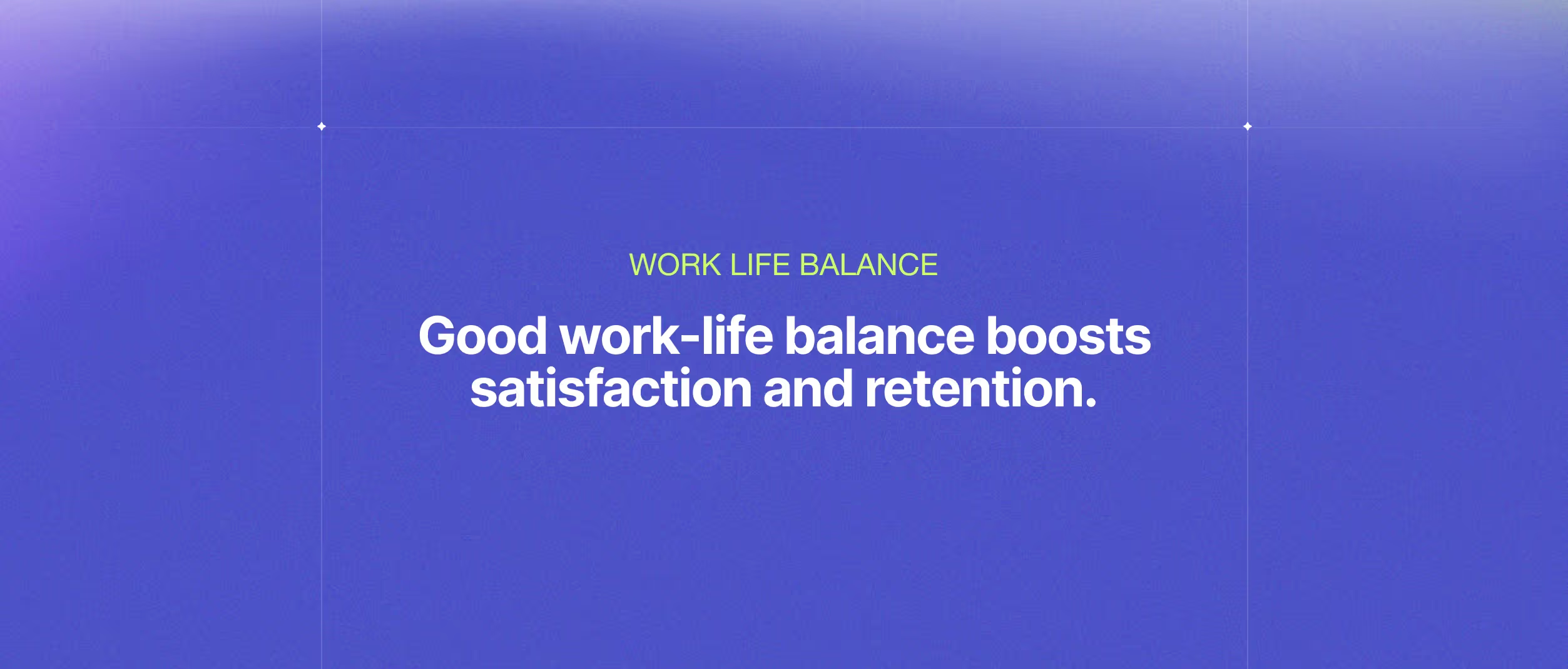The Pros and Cons of Cloud Computing

"Cloud Computing" refers to using internet-based servers to house and provide access to various computing resources. Data is not stored directly on your computer; cloud computing offers on-demand IT resources such as servers, data storage, networking, databases, etc. With cloud computing, many users can share the resources of data centers. In addition, users can retrieve information stored on a remote server.
Types of cloud computing
Platform as a Service (PaaS), Software as a Service (SaaS), and Infrastructure as a Service (IaaS) are the three primary categories of cloud computing. Depending on your specific requirements, you can choose from a wide range of cloud computing services, each with its unique combination of control, flexibility, and management options.
IaaS, or Infrastructure as a Service
Fundamental elements of cloud computing are found in IaaS. Virtual or physical computers and data storage space are standard features. With IaaS, you may scale your IT resources however you see fit and have complete administrative control. IT departments and developers will find it easy to adapt.
PaaS or Platform as a Service
With PaaS, you can remember the underlying infrastructure (often hardware and operating systems) and instead focus on your apps' deployment and management. Because of this, you can focus on developing and improving your application without worrying about the underlying infrastructure or the day-to-day tasks required to keep it functioning.
SaaS or Software as a Service
Using SaaS, you can access a fully functional product managed and maintained by the service provider. By "SaaS," people typically mean "end-user apps" (such as web-based email). You won't need to give a second thought to managing the underlying infrastructure or the upkeep of the service when you go with Software as a service provider. It would help if you considered how you would operate that specific Software.
Pros of cloud computing
Faster time to market
New instances can spin up, or old ones retire in seconds, enabling developers to work more quickly and speeding up the development process. Cloud computing encourages new forms of creativity by removing barriers to testing new concepts and designing new applications, such as those imposed by a lack of available hardware or lengthy procurement procedures.
Capacity for adaptation and flexibility
The use of cloud computing offers your company increased adaptability. You may quickly increase the capacity of your resources and storage to keep up with your organization's demands without investing in new physical infrastructure.
The infrastructure required to sustain a company's most excellent load levels does not need to be built or paid for by the company. They can also rapidly scale back operations if fewer resources are required.
Integration of Software in an Automatic Manner
When using the cloud, integrating Software happens on its own automatically. As a result, you won't have to put in any more work to personalize and combine your programs as you want them to, as per your preferences.
Reliability
One of the most significant advantages of using cloud hosting is its increased reliability, and you will always be able to receive rapid updates on changes.
Mobility
All of the company's services are easily accessible to workers no matter where they are located, whether they are on the premises or at a distant location. They need nothing more than a connection to the internet.
Cost savings
Saving money is one of the most significant advantages offered by cloud computing. It does not require any investments in physical hardware, enabling you to make substantial savings in capital expenditures. The cloud service provider is responsible for purchasing and managing the hardware.
Better cooperation
Cloud storage allows you to access your data from any location and time, regardless of where you are. People can access data from any device, anywhere in the world, as long as they have an internet connection. This eliminates the need to be bound to a particular place or piece of hardware to do so.
Strategic Edge
Using cloud computing gives you an advantage over other businesses in your industry. One of the most significant benefits of cloud computing services is the ability to access the most recent versions of apps whenever you want without having to invest time or money in their installation.
Superior protection and Safety
The depth and breadth of security features, automatic maintenance, and centralized management offered by cloud computing work to improve your organization's overall security posture, despite the widespread belief that the opposite is true.
Reputable cloud service companies also engage the best security specialists available and use the most cutting-edge technology, providing a higher level of comprehensive protection.
Data Loss Prevention
Backup and disaster recovery are two of the services that cloud providers offer. If you choose to store your data in the cloud rather than on your local device, you can help protect it from being lost in an emergency, such as a breakdown in the hardware, a threat from a hostile actor, or even a simple user error.
Cons of cloud computing
A list of the cons of cloud computing is given below -
Connectivity to the Internet
In cloud computing, as you are aware, every piece of data (such as an image, an audio file, a video file, and so on) is saved on the cloud, and we access these files through the cloud through an internet connection. You will only be able to access this data if you have a reliable connection to the internet. Unfortunately, we do not have any alternative means to access data stored in the cloud.
Vendor lock-in
The most significant drawback of cloud computing is the increased dependence on a single vendor. When transitioning their services from one vendor to another, organizations run the risk of running into complications. Moving from one cloud provider to another might be challenging because different suppliers give different platform options.
Restrictions on the Control
Since it is common knowledge that the infrastructure of a cloud is entirely owned, controlled, and monitored by the service provider, cloud customers have significantly less influence over the functioning and operation of the services contained within a cloud.
Safety
Even though cloud service providers employ the industry's highest security standards when it comes to storing sensitive data, However, before adopting cloud technology, you should know that you will be transmitting all of the sensitive information about your firm to a third party, in this case, a cloud computing service provider.
This is something you should be aware of before making the switch. While the data is being transferred to the cloud, there is a possibility that hackers will gain access to the information belonging to your firm.
Insufficient Bandwidth
Because the cloud provider allows each user only a certain amount of bandwidth, you will incur much greater fees if your business uses more than the allotted bandwidth.
Consolidate data
Cloud storage stores data across multiple data centers. Synchronization allows ata connecting and updating, but cloud storage eliminates synchronization. When your data is in the cloud, you know where it is.
The Variability of Performance
Because your server is maintained on a cloud provider that also provides services to other companies, any cyberattack that targets shared resources may cause your benefits to become slower.
Increase automation
Keeping up with backups consistently is essential to keeping data storage facilities in-house. The IT department must take the time to build backups and plan them around the day's activities. Cloud computing services go a long way toward automating these routine backups, allowing your team to get back to doing the work that moves your company forward instead of wasting time on tedious tasks.
Support staff shortage
Some cloud firms offer FAQs or online help, so you must rely on them.
Technical Errors
Due to frequent application version releases, you must regularly upgrade your systems to match market needs. Between updates, you may run into technical issues.
Other Blog Posts

What 2025 meant for Devlane: A year of growth and innovation







